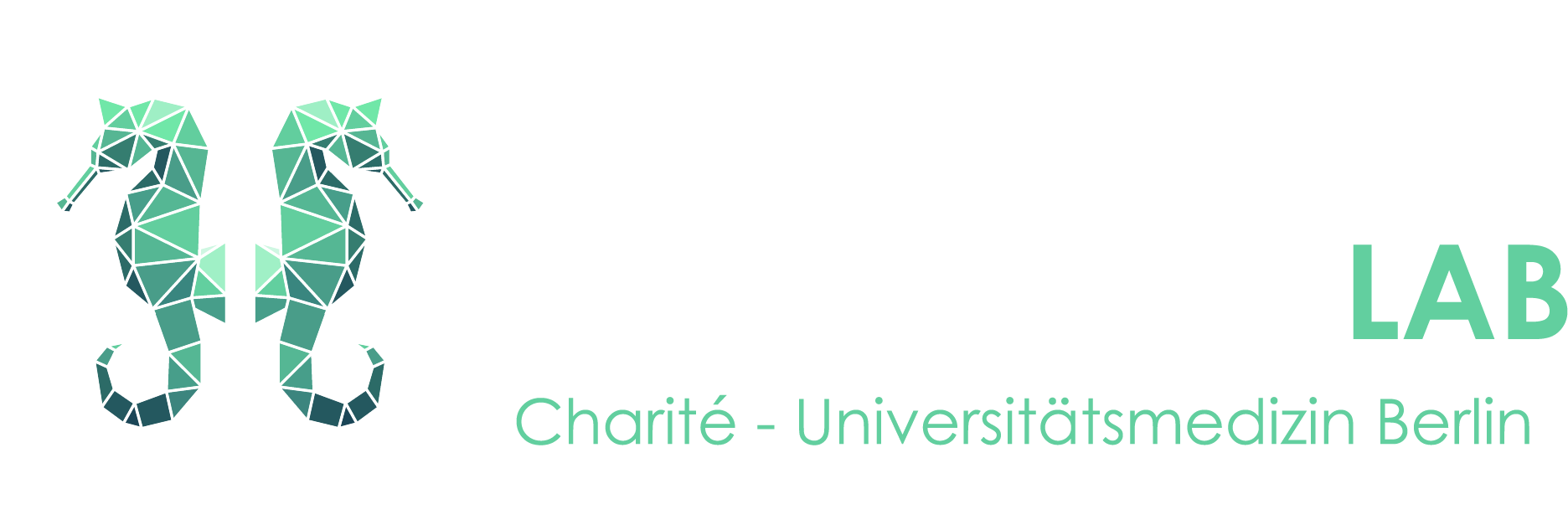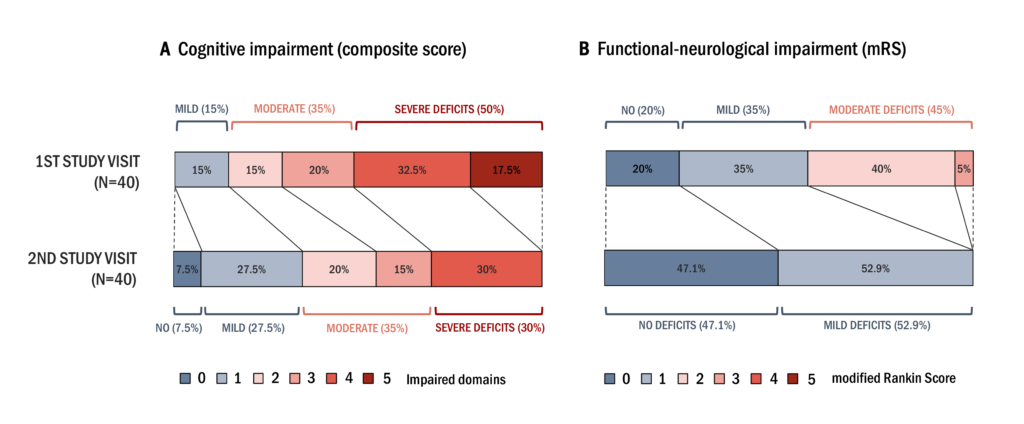New review on sport-related concussion out now in Neurology Clinical Practice!
Our review highlights the increasing incidence of sport-related concussion (SRC) and its potential impact on long-term cognitive functioning:
We focus on the epidemiology, neuropathophysiology, clinical symptoms, and long-term consequences of SRC, particularly in relation to cognition.
(Repeated) SRCs are associated with an increased risk of several neurologic diseases and long-term cognitive deficits. We call for increased awareness and standardized guidelines for the assessment and management of SRC and propose cognitive training as a prehabilitation and rehabilitation tool to alleviate the severity of cognitive symptoms and improve cognitive recovery post-injury.
For more, check it out here: [pdf]


